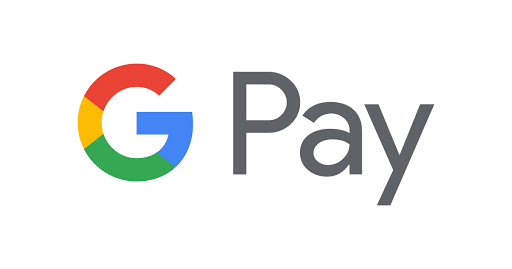Another pharmaceutical company linked to the research and development of vaccines against covid-19 was attacked by cybercriminals: this time, the Anglo-Swedish, AstraZeneca, one of the three main companies that are developing a vaccine for the new coronavirus, suffered attacks from malware, phishing and social engineering.
Information is from Reuters, which received an anonymous tip from two people linked to the case. According to the agency, cybercriminals impersonated recruiters on LinkedIn to offer fake jobs to AstraZeneca employees, but in the documents with the “job offer” hidden malware designed to access data from the victims’ computers. There are no records of employees who have fallen into the trap
According to the sources, the tools and techniques used in the attacks reveal information that made them believe that the attack is part of a North Korean cybercriminal campaign.
Tom Burt, vice president of security and customer trust at Microsoft, reports that the Microsoft security team has identified in recent months, two North Korean groups organizing attacks against vaccine developers in several countries, including “Sending messages with descriptions of false job openings”.
The executive reports that they have also found attacks targeting at least seven companies that are directly involved in vaccine research and treatment for Covid-19. “The targets include the leading pharmaceutical companies and vaccine researchers in Canada, France, India, South Korea and the United States,” writes the executive on the company’s official blog.
Attacks against the pharmaceutical industry
According to a report, published by BlueVoyant, targeted attacks on the pharmaceutical and biotechnology industry increased by 50% over last year, with ransomware being the main threat. However, espionage against states and governments, with the aim of stealing research data on covid-19 vaccines is one of the main fastest growing threats this year.
Only in the second quarter of this year, attacks related to the new coronavirus increased 605%, reveals McAfee’s quarterly threat report. The study also identified an average of 419 new threats per minute and an 11.5% increase in the number of new malware samples.
Attacks can target both people interested in the topic and also there are campaigns targeting more than 20 companies that are producing vaccines informs the report.
For Raj Samani, chief scientist and researcher at McAfee, the attacks on the covid-19 universe began with “some occasional phishing and malware campaigns, but that soon turned into a deluge of malicious URLs.” The need for more information about the virus and the vaccine is what Samani considers as one of the reasons for this increase.
Sources: Reuters; Microsoft and Infosecurity Magazine (1) (two) (3) (4).
See the original post at: https://thehack.com.br/astrazeneca-sofre-ataque-que-pode-ter-vindo-da-coreia-do-norte/?rand=48873






















